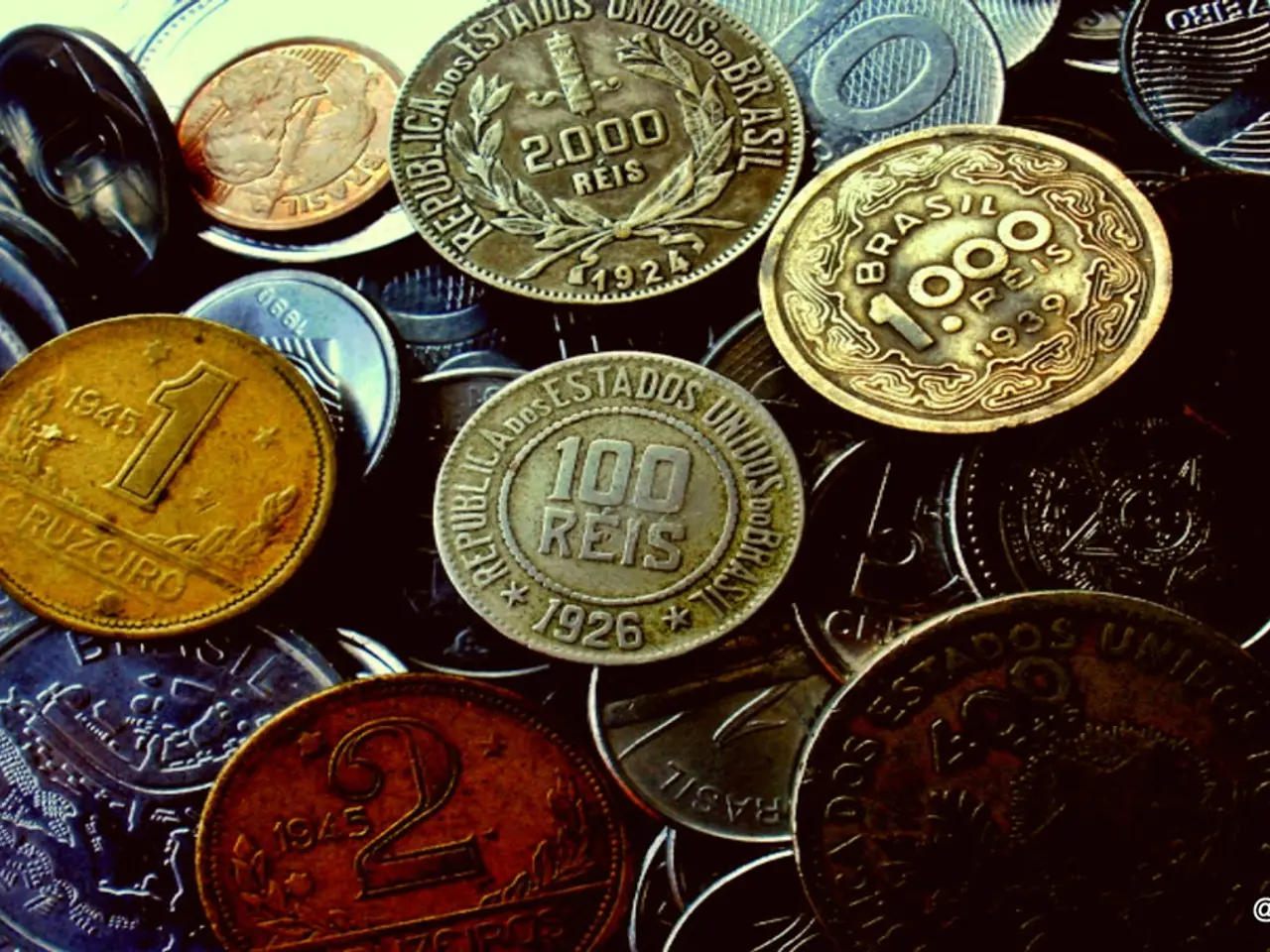Cryptocurrency XRP, specifically designed for use within the financial industry.
First published in 2019 and updated in August 2025, the long-running legal dispute between Ripple Labs and the U.S. Securities and Exchange Commission (SEC) has come to an end. On August 22, 2025, both parties jointly dismissed all remaining appeals in the U.S. Court of Appeals for the Second Circuit, officially ending the lawsuit after nearly five years.
Under the settlement, Ripple agreed to pay a $125 million civil penalty to resolve charges related primarily to its institutional sales of XRP. However, the key court ruling from August 2024 stands: XRP is not classified as a security in secondary market trades. This distinction provides crucial regulatory clarity for XRP and the broader cryptocurrency industry.
The SEC waived Ripple's "bad actor" disqualification under Regulation D of the Securities Act, allowing Ripple to continue raising funds via Regulation D offerings, which is significant for Ripple’s ongoing business and pursuit of a national bank charter.
Ripple’s CEO Brad Garlinghouse hailed the resolution as a victory that ends regulatory uncertainty and enables the company to focus on developing its products rather than ongoing litigation. The case has set a precedent on digital asset classification, influencing how the SEC may approach cryptocurrency regulation going forward.
As the dust settles, the crypto landscape is witnessing a surge of developments. The network can process 1,500 transactions per second (TPS), compared to Bitcoin's 7 TPS and Ethereum's 30 TPS, making it an attractive option for financial institutions. XRP transactions are much cheaper than traditional cross-border payment systems and settle in 3-5 seconds, significantly faster than Bitcoin's ~10 minutes.
The regulatory clarity has sparked interest in XRP Exchange Traded Funds (ETFs). In October 2024, Bitwise Asset Management filed a registration statement with the SEC to launch the first spot XRP ETF. Following this, 21Shares submitted an S-1 form to the SEC on November 1, 2024, proposing the 21Shares Core XRP Trust to track XRP’s price. In January 2025, NYSE Arca filed an application with the SEC to convert Grayscale's XRP trust into an ETF. WisdomTree filed for an XRP ETF in Delaware in November 2024. Chicago-based crypto exchange Bitnomial announced that it would begin offering CFTC-regulated XRP futures contracts in March 2025.
Several cryptocurrency exchanges in the United States, including Coinbase, Binance.US, and Crypto.com, offer buy, sell, and trade options for XRP. Hardware wallets such as Ledger and Trezor also support XRP, ensuring secure storage for users.
The use of XRP as a bridge currency facilitates the exchange between fiat currencies (e.g., USD, GBP) and cryptocurrencies. This feature has led to its adoption by merchants like Travala, NordVPN, and SurfShark. Ripple Payments, a service provided by Ripple Labs, helps financial institutions move money quickly and cost-effectively using XRP.
In summary, the conclusion of the Ripple-SEC legal battle provides clearer guidance on XRP’s legal status in the U.S. and paves the way for potential XRP ETFs and increased adoption by financial institutions and merchants.
| Aspect | Final Outcome | |-----------------------------|---------------------------------------------------| | Legal conclusion | Joint dismissal of all appeals as of Aug 22, 2025 | | Penalty | Ripple to pay $125 million civil penalty | | XRP classification | Not a security for secondary market trades | | Institutional sales | Found to have violated securities laws | | Ripple’s fundraising status | "Bad actor" disqualification waived, can fundraise | | Industry impact | Clarifies regulatory framework, signals shift towards rulemaking rather than enforcement|
References: [1] CoinDesk (2025). Ripple and SEC Settle, Ending Long-Running Legal Battle. [online] Available at: https://www.coindesk.com/ripple-sec-settle-ending-long-running-legal-battle/ [2] Reuters (2025). Ripple and SEC Settle, Ending Legal Battle Over XRP. [online] Available at: https://www.reuters.com/business/finance/ripple-sec-settle-ending-legal-battle-over-xrp-2025-08-22/ [3] The Block Crypto (2025). Ripple and SEC Settle, Ending Legal Battle Over XRP. [online] Available at: https://www.theblockcrypto.com/linked/114405/ripple-sec-settle-ending-legal-battle-over-xrp [4] SEC (2024). Court Rules XRP is Not a Security in Secondary Market Trades. [online] Available at: https://www.sec.gov/news/press-release/2024-217 [5] CNBC (2025). Ripple and SEC Settle, Ending Long-Running Legal Battle Over XRP. [online] Available at: https://www.cnbc.com/2025/08/22/ripple-sec-settle-ending-long-running-legal-battle-over-xrp.html
- Ripple agreed to pay a $125 million civil penalty as part of the settlement with the SEC, resolving charges related to its institutional sales of XRP.
- Despite the penalty, the key court ruling from August 2024 remains: XRP is not classified as a security in secondary market trades.
- The classification of XRP as a non-security opens up opportunities for XRP Exchange Traded Funds (ETFs), with several applications filed with the SEC in late 2024 and early 2025.
- The crypto exchange Bitnomial announced it would begin offering CFTC-regulated XRP futures contracts in March 2025, demonstrating increased interest in the cryptocurrency.
- Several cryptocurrency exchanges, including Coinbase, Binance.US, and Crypto.com, offer buy, sell, and trade options for XRP, making it accessible to a wider audience.
- Hardware wallets like Ledger and Trezor support XRP, ensuring secure storage for users interested in crypto investment.
- The use of XRP as a bridge currency facilitates the exchange between fiat currencies and cryptocurrencies, leading to its adoption by merchants like Travala, NordVPN, and SurfShark.
- Ripple Payments, a service provided by Ripple Labs, helps financial institutions move money quickly and cost-effectively using XRP.
- The regulatory clarity provided by the Ripple-SEC settlement could lead to an increased adoption of XRP by financial institutions, as it offers faster and cheaper transactions compared to Bitcoin and Ethereum.
- The conclusion of the Ripple-SEC legal battle has wider implications on the crypto industry, setting a precedent for digital asset classification and potentially influencing how the SEC approaches cryptocurrency regulation in the future.




